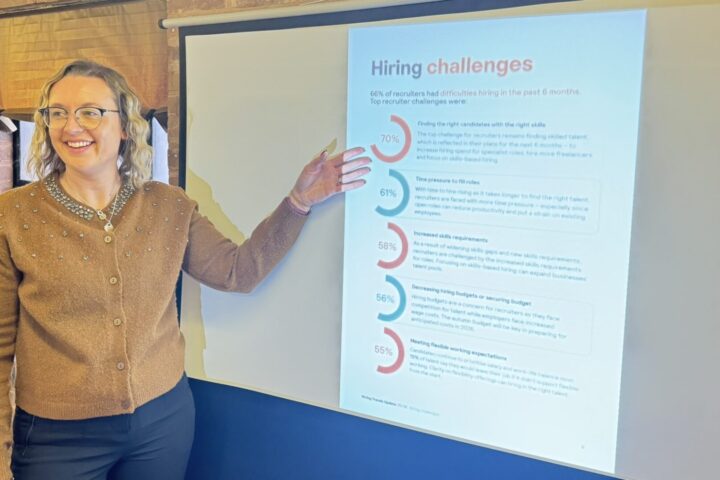As Chancellor Rachel Reeves prepares to make a key speech today, there are calls for her to prioritise tax simplification in her agenda. With rumours of potential tax changes circulating, the Chancellor has been urged to re-establish the Office of Tax Simplification to help businesses and individuals navigate the complex tax system.
Helen Morrissey, head of retirement analysis at Hargreaves Lansdown, emphasised the importance of this move: “As Rachel Reeves gets down to work at the Treasury, she faces the daunting challenge of how to balance the books. Having made pledges not to increase income tax and National Insurance in the Labour manifesto, speculation continues as to where the axe might fall.”
Morrissey expressed concerns about potential changes to pension tax relief and other taxes, stressing the need for simplicity: “Pension taxes have been a favourite, along with persistent rumours around capital gains tax. However, she needs to make sure that any tweaks don’t make the system any more complex than it already is. Pensions are the perfect example. Some will remember A-Day, which was meant to deliver much-needed pension simplification more than 18 years ago. But what we’ve had since has been increasing complexity with years of tinkering with various allowances.”
Calls to revive the Office of Tax Simplification, abolished by Kwasi Kwarteng, have gained traction. Morrissey noted that tax experts believe its reintroduction could address the system’s complexity and prevent tax traps that hinder financial planning.
The government has promised a review of the pension landscape, which could include pensions tax. Morrissey welcomed Labour’s decision to step back from reintroducing the Lifetime Allowance but emphasised the need for further simplification: “An overarching review needs to look at the system as a whole and make sure people are properly incentivised to save into their SIPPs, ISAs, and investments without fear of being tripped up by tax changes further down the line.”
Morrissey highlighted several key areas where tax simplification is crucial:
1. Pension taxes: “Over the years, the annual allowance has been slashed, creating confusion for those planning for retirement. The recent tussle over the Lifetime Allowance has only added to this confusion. We need a review that seeks to establish a more stable and straightforward system.”
2. Income tax: “Changes to taxes on incomes this year, such as the cut in National Insurance rates while maintaining the freeze on income tax thresholds, have created conflicting outcomes. A more holistic approach is needed to avoid such confusing tweaks.”
3. Dividend tax and capital gains tax (CGT): “The reduction in allowances for dividend tax and CGT over the past two years has not supported investment within the UK. A government keen on strengthening investment should ensure tax incentives are aligned accordingly.”
4. ISAs and LISAs: “The ISA allowance has remained unchanged since 2017. Adjusting it for inflation would significantly benefit savers. Reducing the Lifetime ISA early access penalty from 25% to 20% could also help savers, especially the self-employed with variable income.”
5. Inheritance tax (IHT): “The IHT regime requires a review, including revisiting allowances and potentially abolishing the £175,000 nil rate residency band, raising the IHT threshold to £500,000. Simplifying these aspects would make the system easier to understand and manage.”
Morrissey concluded, “Tax tinkering will always be tempting for a government in need of money. However, unless it’s designed with people’s needs at the centre, it risks putting people off doing the right thing for them and their finances in the long term. This goes much further than pensions—the changes made in other areas such as dividend and capital gains tax also stand in the way of helping people make the most of their money.”
















